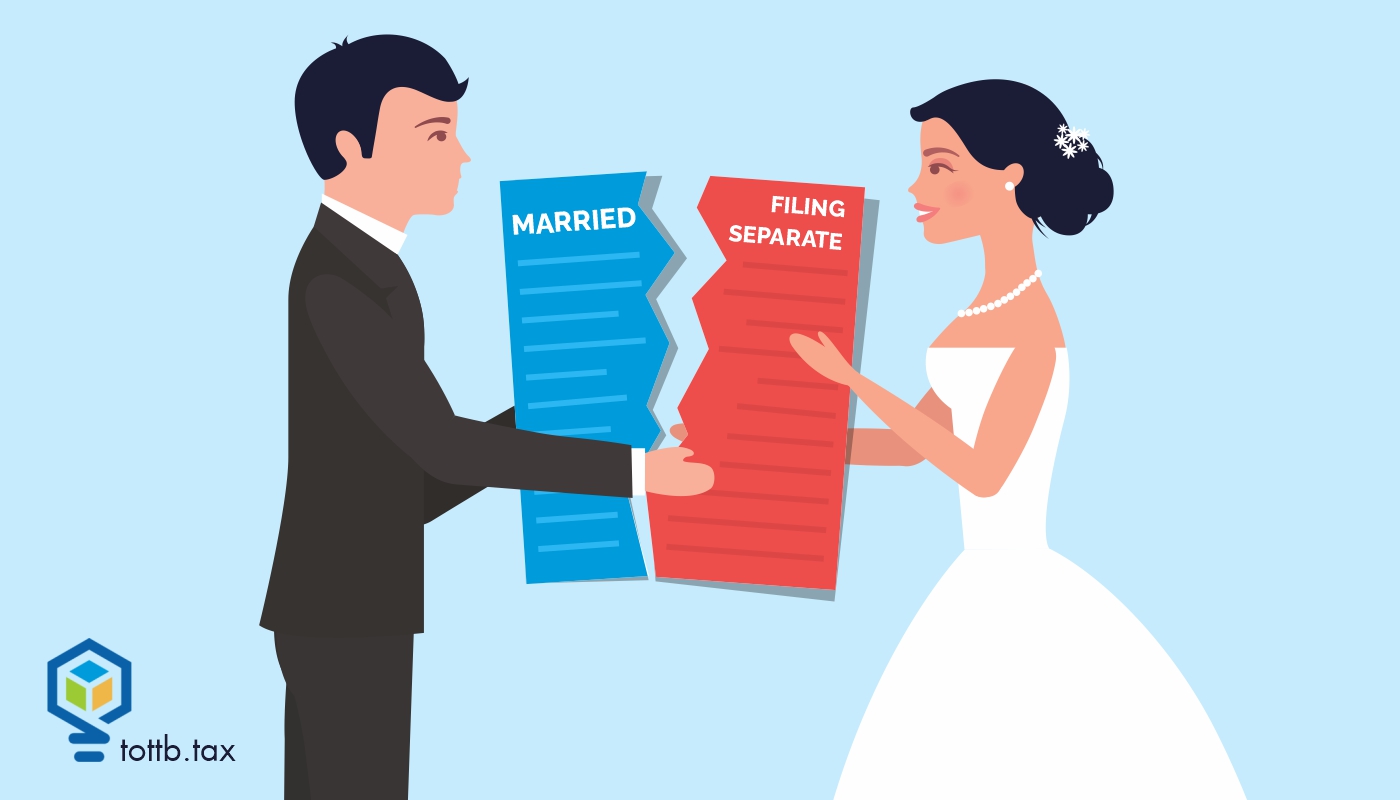CURRENT EDITION

Summertime Marketing in Your Tax & Accounting Firm
Tax season is prosperous, summer is dry until extension season. Do you find yourself in that cycle? Clients are “easy” to get during tax season when taxes are top of mind. Then the direct deposits go dry by June, and you are looking for what’s next. Stop the search, you don’t have to add another service. You need better marketing to highlight the service that you offer and specialize in. This will allow you to have a predictable client pipeline. You can do tax preparation, planning, and or representation all year long.
READ MOREAvoid IRS Red Flags in Multiple Business Strategies: A Guide for the Wary Tax Business Owner
In the labyrinth of tax planning and business structure, the path to protecting your client’s multiple business strategy from the ever-watchful eye of the IRS can be as intricate as a well-played game of chess. However, while the strategic moves might be complex, the rules of the game are quite clear. Today, let’s dissect these rules with a blend of cautionary tales and cheeky wisdom, ensuring your business maneuvers stay sharp and IRS-compliant. Ever heard of the tax strategy to just “create a new C corporation” and shift income by paying management fees from your main company? Well, so has the IRS, and they are highly skeptical when they see it in the field. The Aspro, Inc. v. Commissioner case serves as a stark reminder for taxpayers about the importance of meticulous documentation and the strict adherence to IRS guidelines for deducting management fees. Aspro, an Iowa-based C corporation in the asphalt-paving business, faced scrutiny over its practice of paying "management fees" to its shareholders, which the IRS and subsequent court rulings reclassified as non-deductible disguised dividends.
Read MoreThe Role of Webinars in Accountants’ Marketing and Sales Efforts
In modern business, accountants face a dual challenge: They must maintain a firm grasp of financial intricacies and regulatory frameworks and navigate the increasingly competitive marketing and sales landscape. As traditional methods evolve, entrepreneurial accountants must leverage innovative marketing tools to bolster their outreach and attract clientele. Webinars have emerged as a powerful medium among these marketing tools, offering a dynamic platform for education, engagement, and lead generation. Herein, I will explore the fundamental role of webinars in accountants’ marketing and sales efforts, shedding light on their benefits, strategies, and best practices.
Read MoreNavigating the Plagiarism Minefield: Strategies and Solutions for Certified Tax Planners
In the AI era, especially with tools like GPT, plagiarism isn't just copying another's work, but also presenting AI-generated content as one's unique thought without understanding or modifying its output. It's about intent and attribution. If someone blindly takes an AI's output and presents it as their own, especially in professional or academic settings, it can be considered a form of plagiarism. For certified tax planners, understanding and addressing this nuanced form of plagiarism is crucial for maintaining professional integrity and credibility.
Read MorePoor Tax Judgement Turns Junk Call Gold into Lead
Everything becomes a tax story eventually. That is what provides me with a lot of "I was today years old" experiences as tax stories are the one thing that I follow religiously. So I first learned about the field of Telephone Consumer Protection Act (TCPA) litigation from reading the proposed findings and recommended dispositions in the case of Ruben Escano v. Innovative Financial Partners LLC and Josh Benson. Innovative Financial Partners is a subsidiary of Humana.
Read MoreTAX COURT ROUNDUP – May 2024
What one Judge called "the wrinkled skin of tax law" is on display in US Tax Court again. This month was a technician's bento box, a variety.
Read More2024 Summer Education Series Event Calendar
We are so excited to announce the 2024 Summer Education Series! All summer long we will be bringing our loyal subscribers monthly webinars featuring some of the brightest minds in tax. Each webinar will feature our usual blend of high-quality education and entertainment and include continuing education credits for those who qualify. All of this is included in your regular subscription! Continue reading to see what we have in store...
Read MoreWorking With the IRS Now
The IRS has spent the past several months crowing about the relative ease of filing season 2023 and improvements the service has made on behalf of American taxpayers. Filing season 2024 opened on Monday, January 29 with Commissioner Danny Werfel thanking the tax professional and assuring us that “your efforts make a difference, not just for your clients, but for the IRS and the entire nation.” Despite Werfel’s rose-colored press releases, there’s still plenty of room for improvement, especially on the tax-professional-facing side of the service.
Read MoreWhen Does Married Filing Separately Make Sense?
If your clients are married, at this time of year they’re probably choosing to file their taxes under the status of Married Filing Jointly. But is MFJ the best move? Married folks have other options; one of them is Married Filing Separately (MFS). Despite this status sounding like someone’s dressing for divorce court, it can be useful in certain circumstances – or harmful.
Read MoreNOT A MEMBER YET?

SUBSCRIBE TO GET ALL OF OUR
GREAT ARTICLES AND RESOURCES!
CURRENT EDITION

Summertime Marketing in Your Tax & Accounting Firm
Tax season is prosperous, summer is dry until extension season. Do you find yourself in that cycle? Clients are “easy” to get during tax season when taxes are top of mind. Then the direct deposits go dry by June, and you are looking for what’s next. Stop the search, you don’t have to add another service. You need better marketing to highlight the service that you offer and specialize in. This will allow you to have a predictable client pipeline. You can do tax preparation, planning, and or representation all year long.

Observations on the House-Passed OBBB
This article focuses on the OBBB from the House offering a variety of observations to help understand the range of changes, relevance to compliance and planning, process considerations and some unexpected provisions. While the final OBBB will not include all of the House provisions or will modify some of them, there are lessons to learn to understand the tax legislation process and results now and in the future.

Client Retention as a Prospecting Strategy: Turning Current Clients into Referral Sources
In the competitive accounting world, where trust and reliability are paramount, client retention is not just a success metric—it’s a vital strategy for sustainable growth. For Certified Public Accountants (CPAs), accountants, and bookkeepers, maintaining a solid relationship with existing clients can unlock new business opportunities, turning satisfied clients into powerful referral sources.









